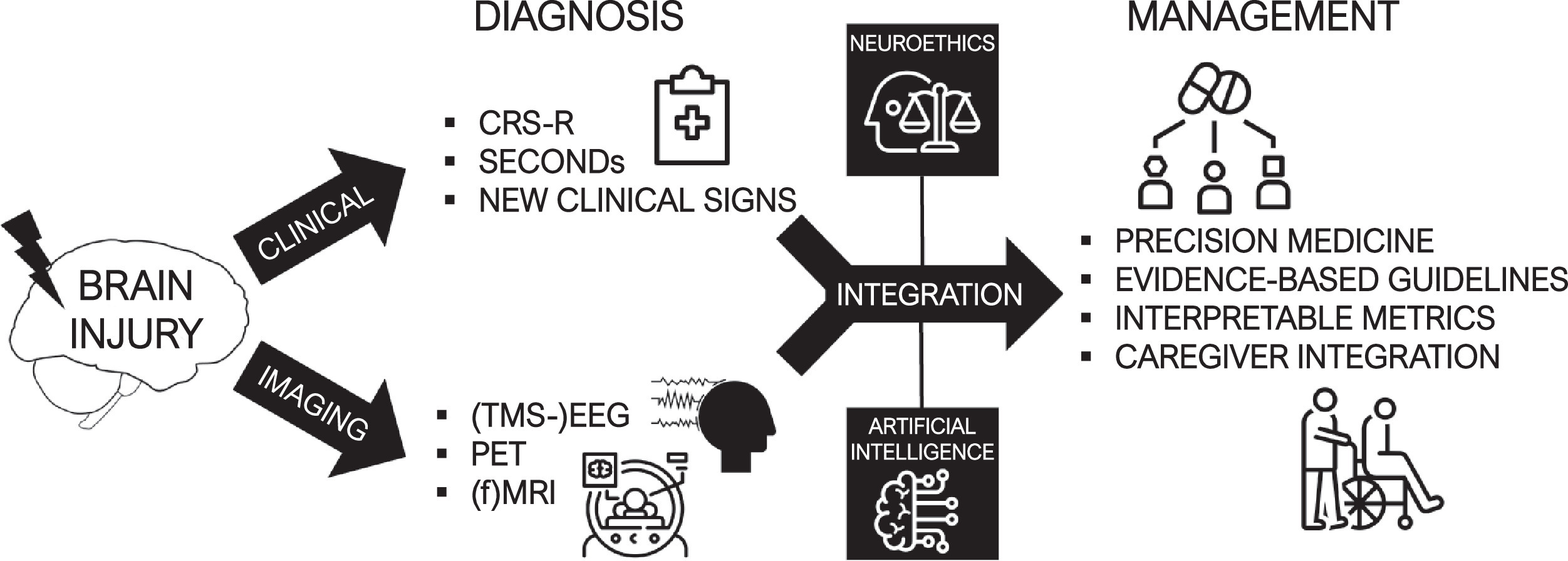Elsevier,
The Lancet Planetary Health, Volume 7, Issue 2, February 2023, Pages e179-e183
This Viewpoint supports SDGs 3 and 16 by by exploring decolonising interventions in planetary health. The authors highlight intercultural thinking in order to promote anticolonial, antiracist approaches to climate change and health inequities.
Elsevier,
The Lancet Planetary Health, Volume 7, Issue 2, February 2023, Pages e147-e154
This Article supports SDGs 3 and 13 by estimating how global income inequality might have to be reduced in order to ensure both decent living standards and reductions in global energy use for planetary health.
Elsevier,
Journal of Nutrition, Volume 153, February 2023
This paper concludes that ASF (animal-source foods) production generally has a large environmental impact; yet, when produced at an appropriate scale and in accordance with local ecosystems and contexts, livestock can play an important role in circular and diverse agroecosystems that, in certain circumstances, can help restore biodiversity and degraded land, mitigate Green House Gas emissions from food production, and contribute to food security and nutrition for populations worldwide.
Elsevier,
Advances in Applied Energy, Volume 9, February 2023
This Article supports SDG7 and 13 by proposing a new model to identify the most critical features of energy storage system technologies to enhance renewable energy integration and achieve New York State's climate goals from 2025 to 2040.

